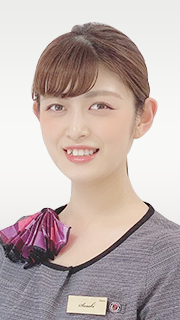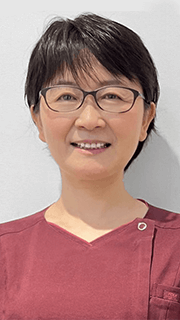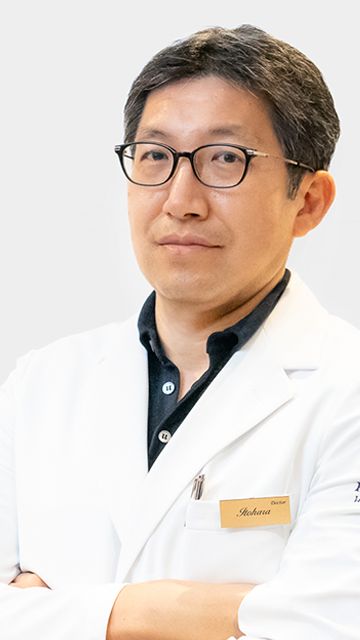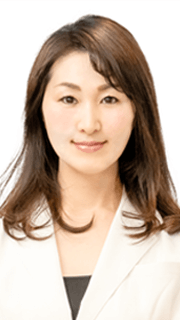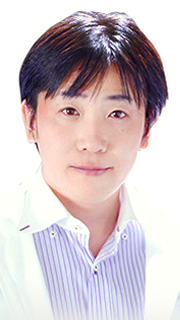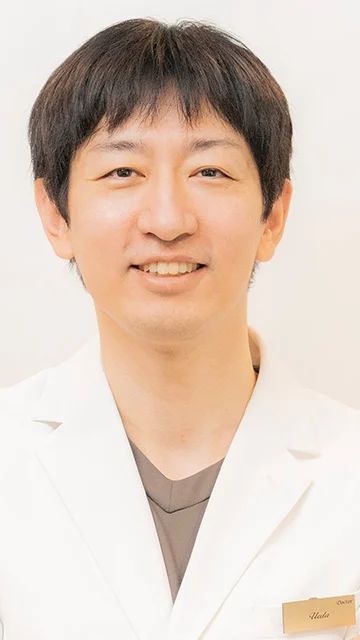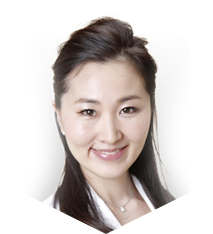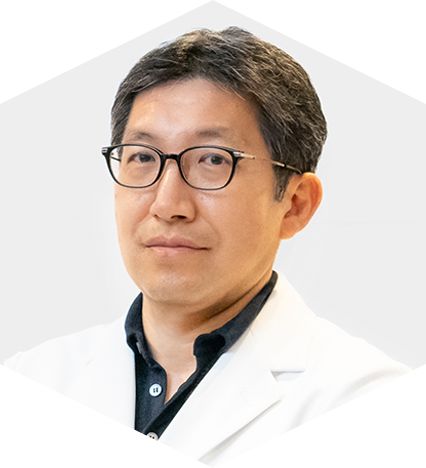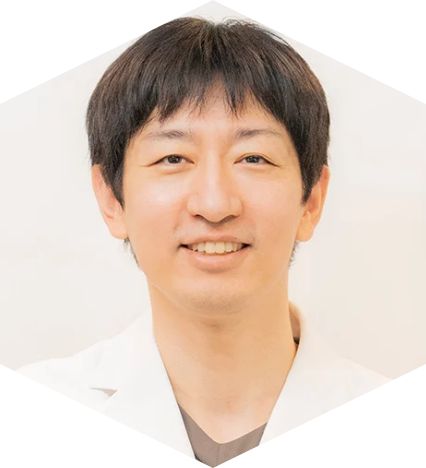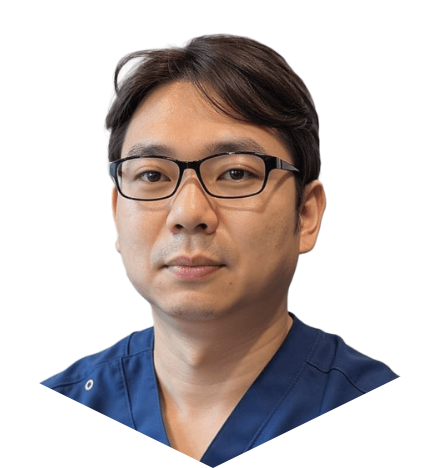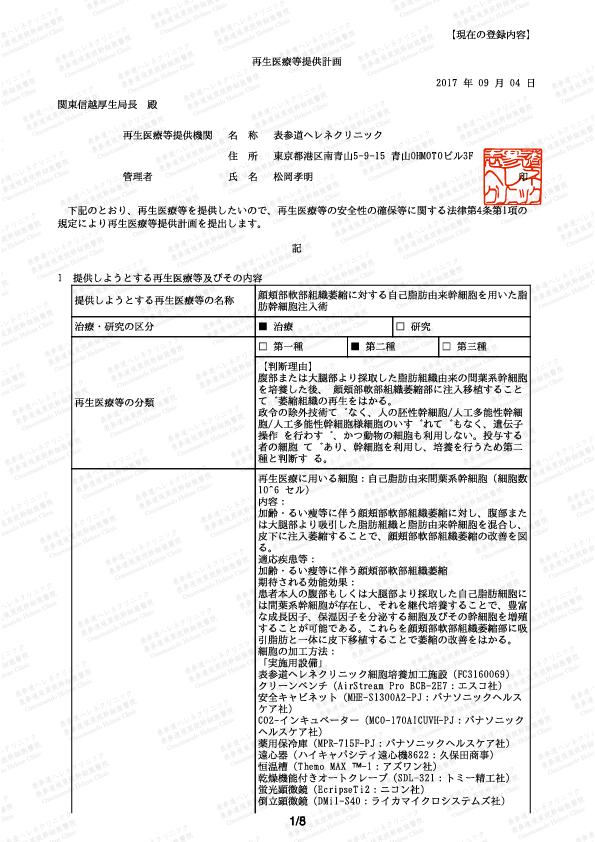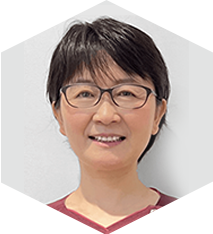Hỗ trợ đa ngôn ngữ (Luôn có thông dịch viên)

- Tiếng Nhật
- 50 người
- Tiếng Trung
- 18 người
- Tiếng Anh
- 16 người
- Tiếng Indonesia
- 5 người
- Tiếng Mân Nam
- 2 người
- Tiếng Việt
- 2 người
- Tiếng Hàn
- 2 người
- Tiếng Mông Cổ
- 2 người
- Tiếng Ả Rập
- 2 người
- Tiếng Thượng Hải
- 1 người
- Tiếng Pháp
- 1 người
- Tiếng Tagalog
- 1 người
- Tiếng Quảng Đông
- 1 người
- Tiếng Mã Lai
- 1 người
- Tiếng Đức
- 1 người
STEMCELL
Liệu pháp tế bào gốc
Tế bào gốc có khả năng kích hoạt các tế bào suy yếu, bổ sung các tế bào quan trọng đang giảm trong cơ thể mỗi ngày.
LICENSE
Giấy chứng nhận của bộ Y tế về y học tái sinh
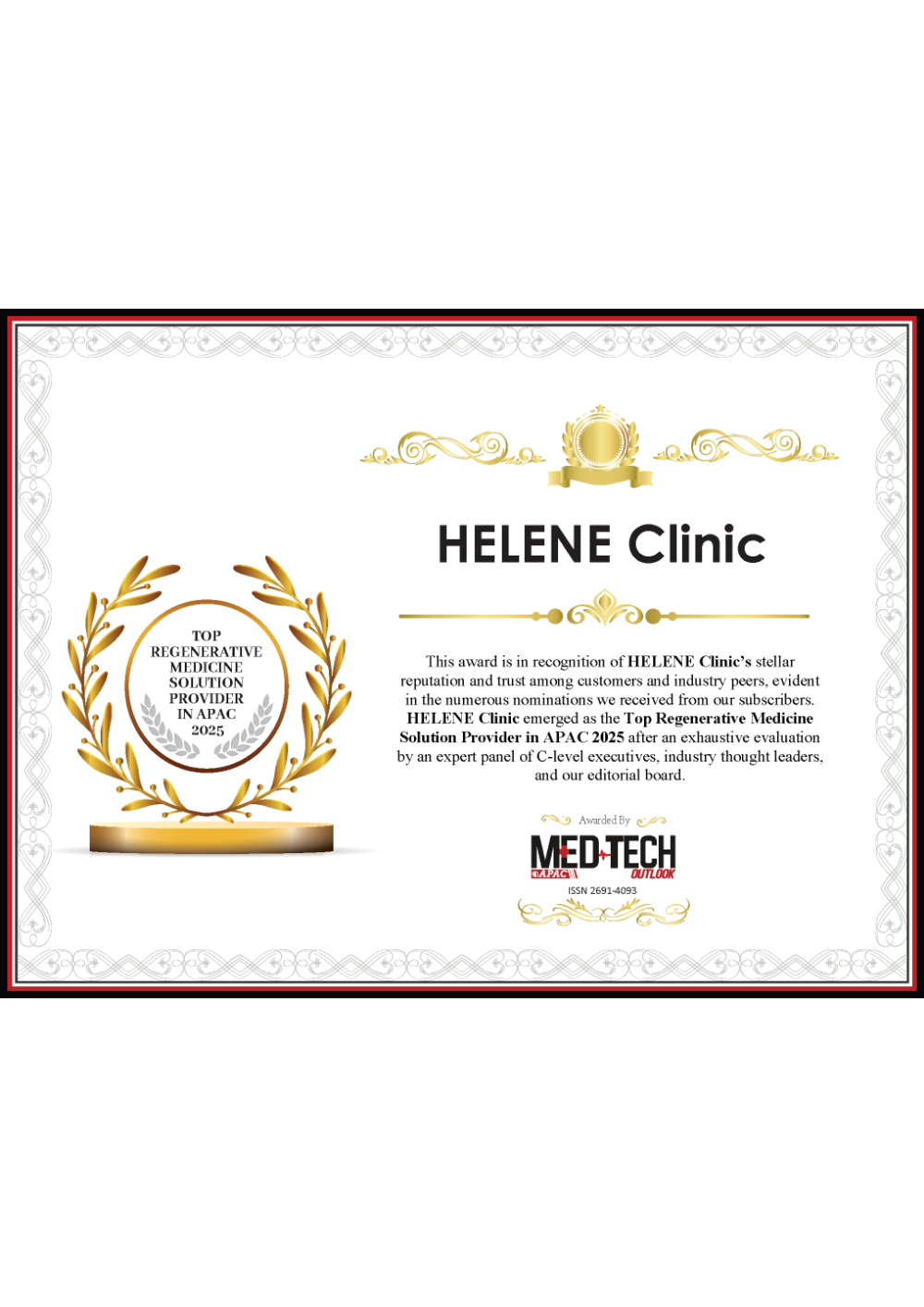
Top Regenerative Medicine Solution Provider in APAC 2025
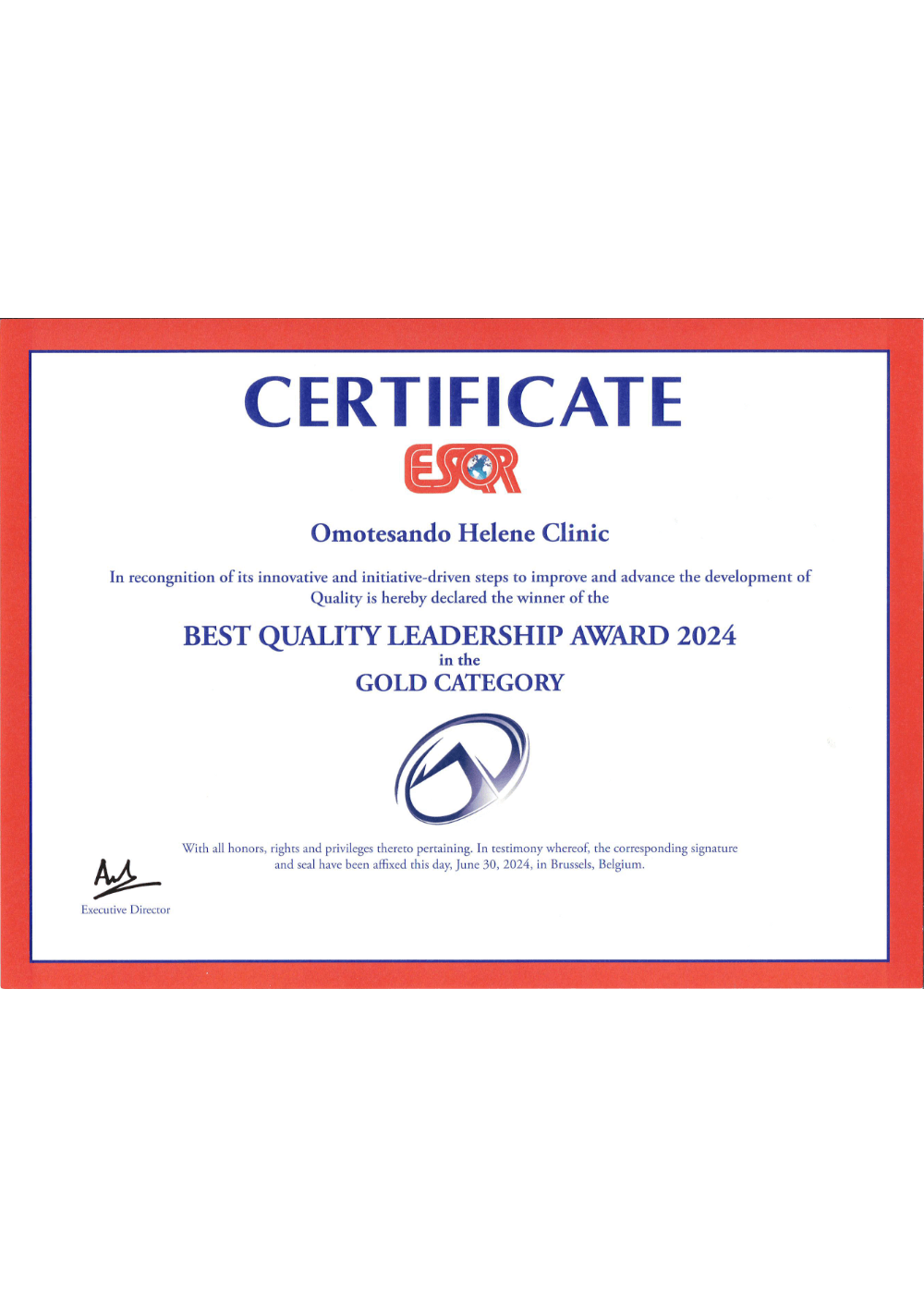
Hiệp hội Nghiên cứu Chất lượng Châu Âu ESQR

Phòng khám được chứng nhận bởi ABRM
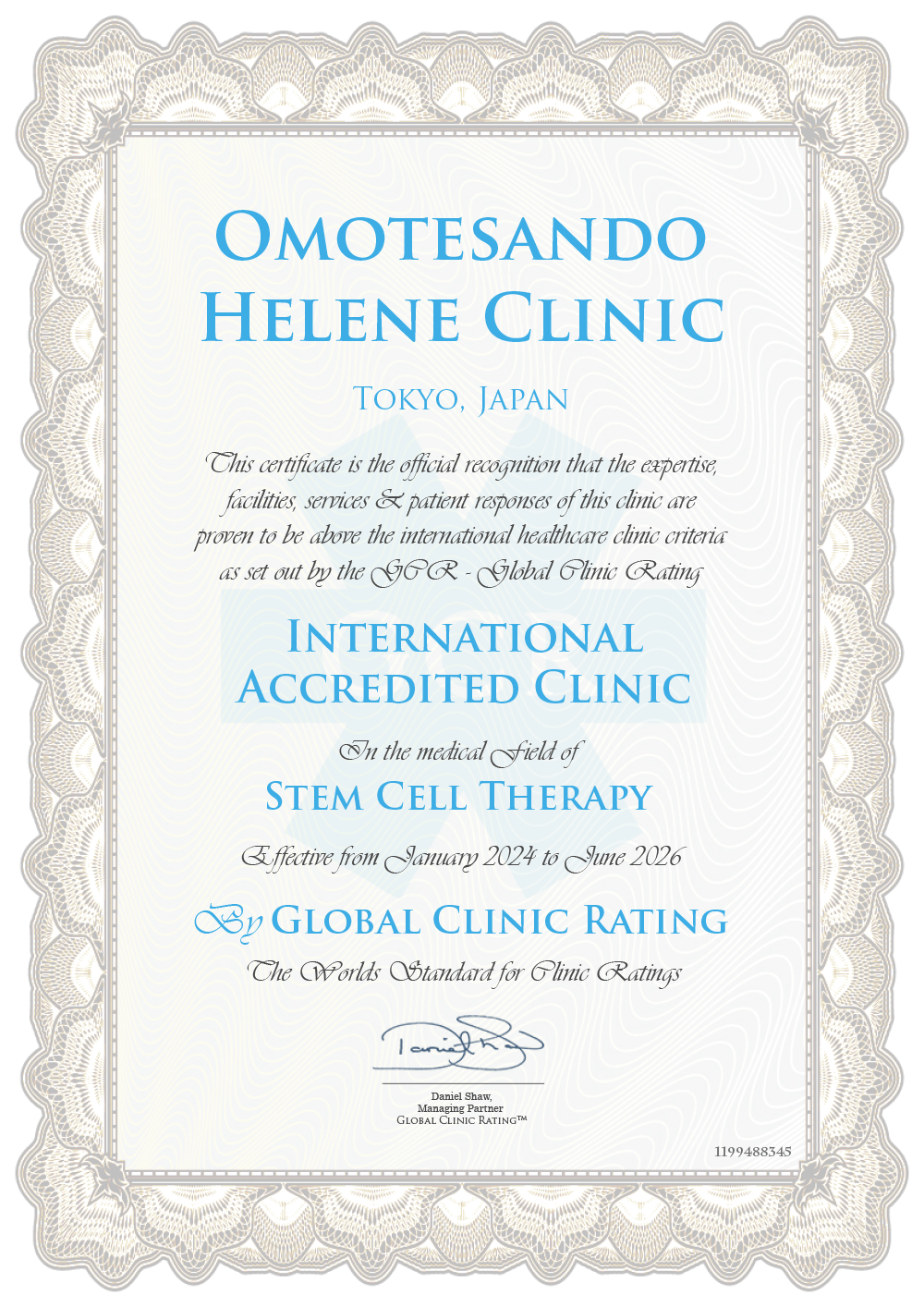
Giấy chứng nhận GCR
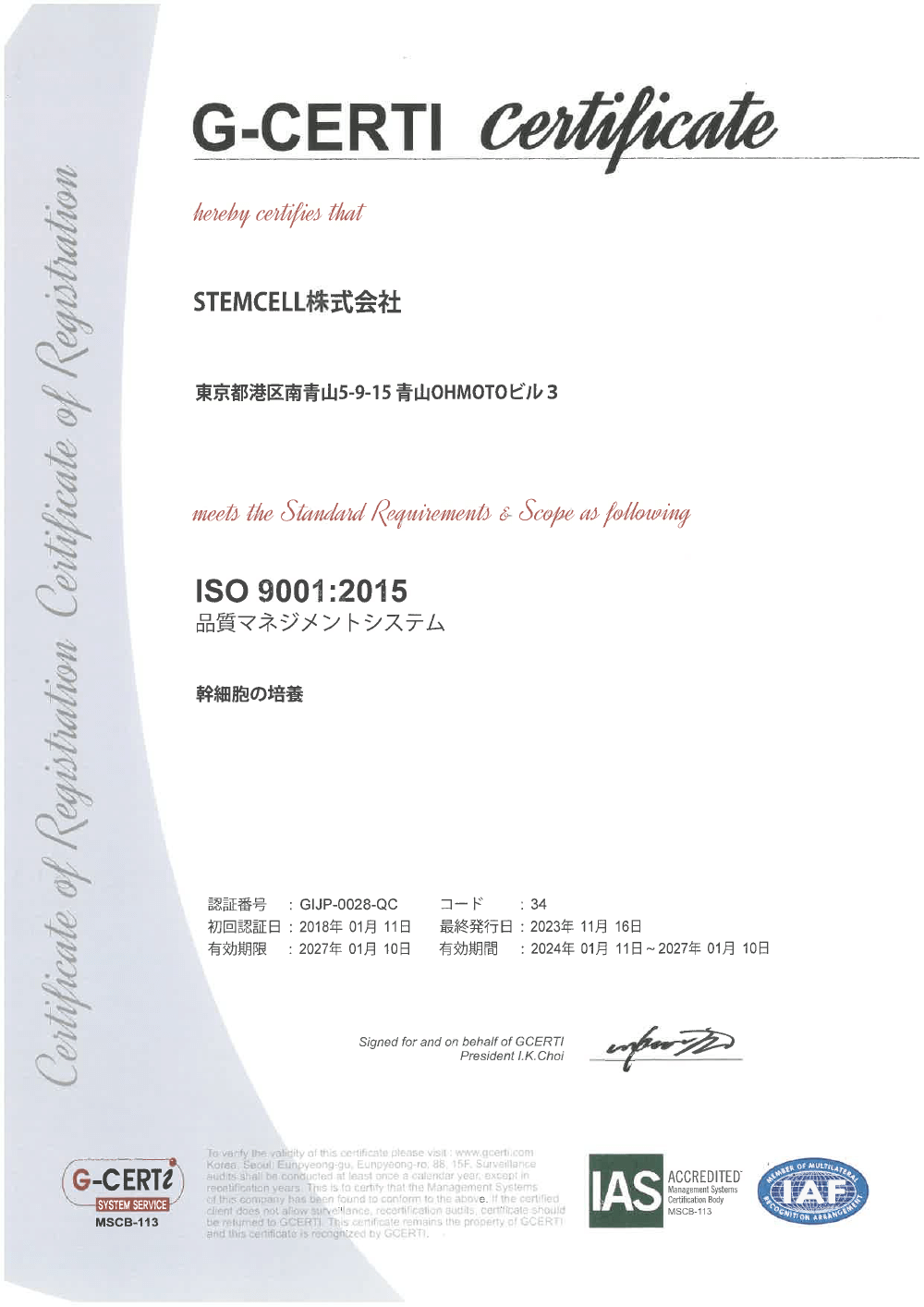
ISO9001 đạt được

Đơn đăng ký sản xuất sản phẩm tế bào được chỉ định

tế bào gốc nhồi máu não cũ Thư chấp nhận kế hoạch tiêm tĩnh mạch

Giấy Chấp Nhận cho Bệnh Thoái Hóa Khớp sử dụng PRP

Biên nhận điều trị bệnh nha chu

Biên nhận điều trị bệnh thoái hóa khớp

Biên nhận điều trị bệnh động mạch vành tĩnh mạch

Biên nhận điều trị bệnh rụng tóc

Biên nhận sử dụng sản phẩm ngoài da mặt

Biên nhận điều trị lão hóa miễn dịch

Biên nhận điều trị bệnh tiểu đường loại 2

Thư chấp nhận quản lý bệnh tiểu đường loại 1

mất cân bằng nội tiết tố nữ Phiếu tiêm tĩnh mạch

mTiếp nhận cho tiêm dưới da quản lý cho khuôn mặt
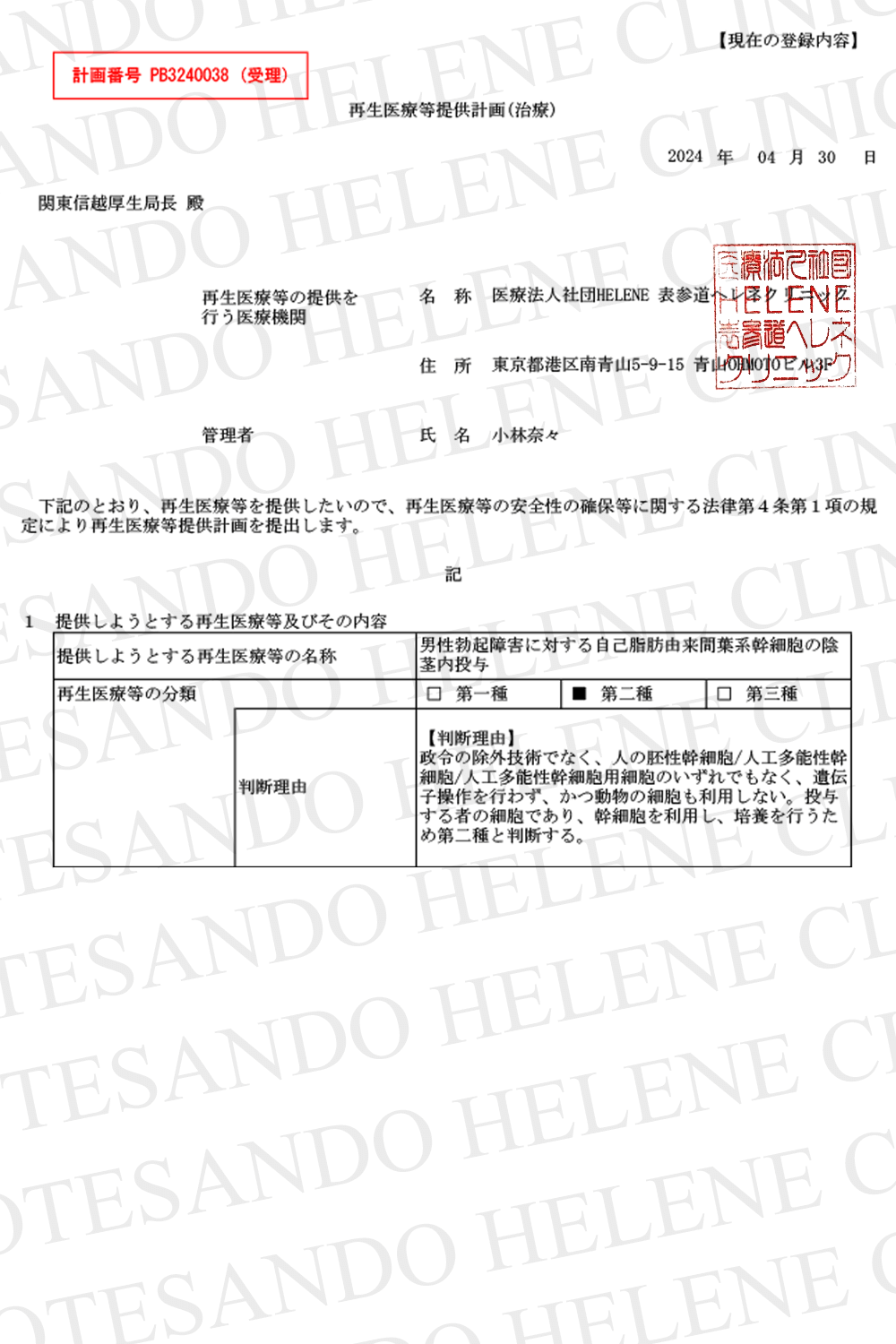
Rối loạn cương dương nam giới
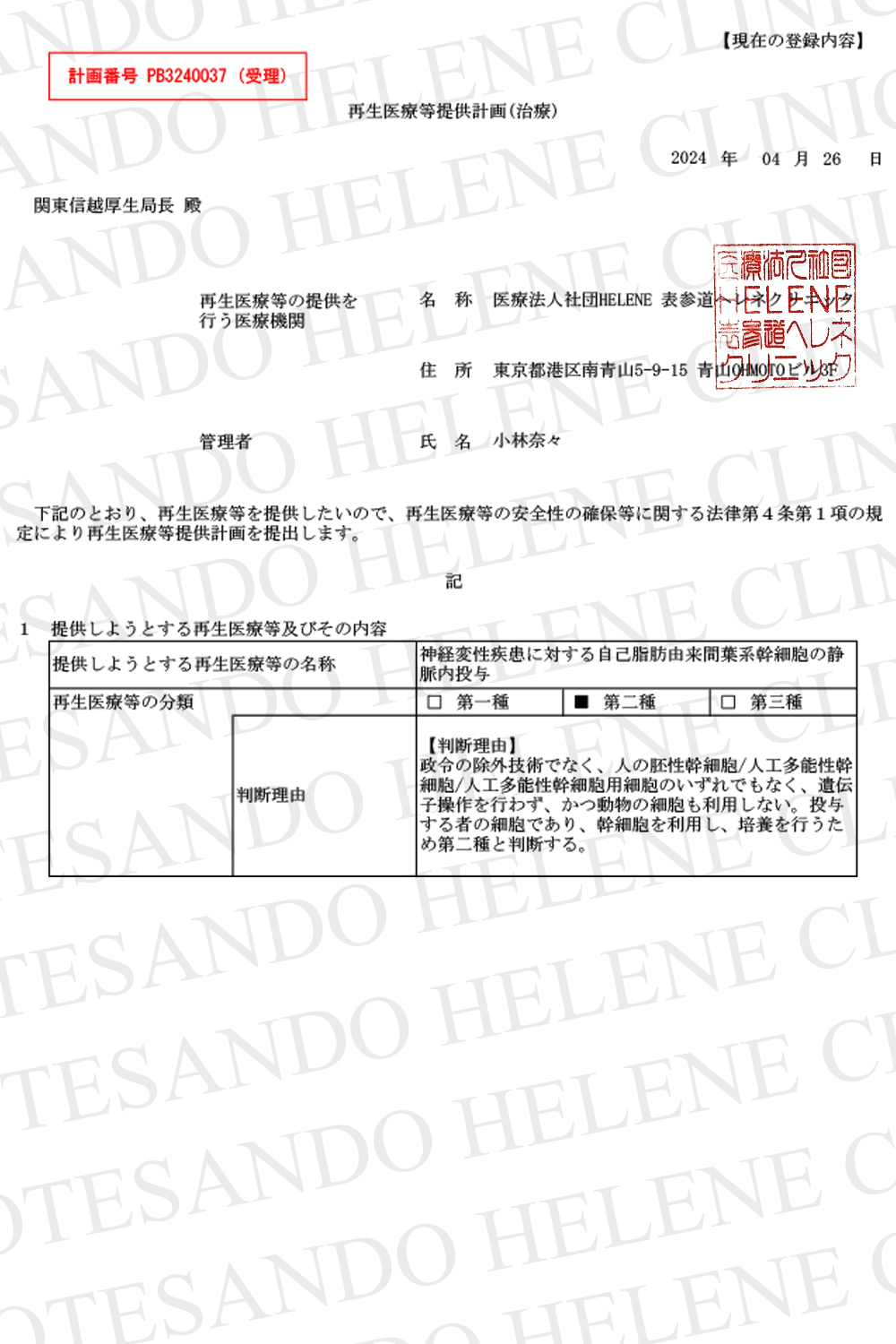
Bệnh thoái hóa thần kinh
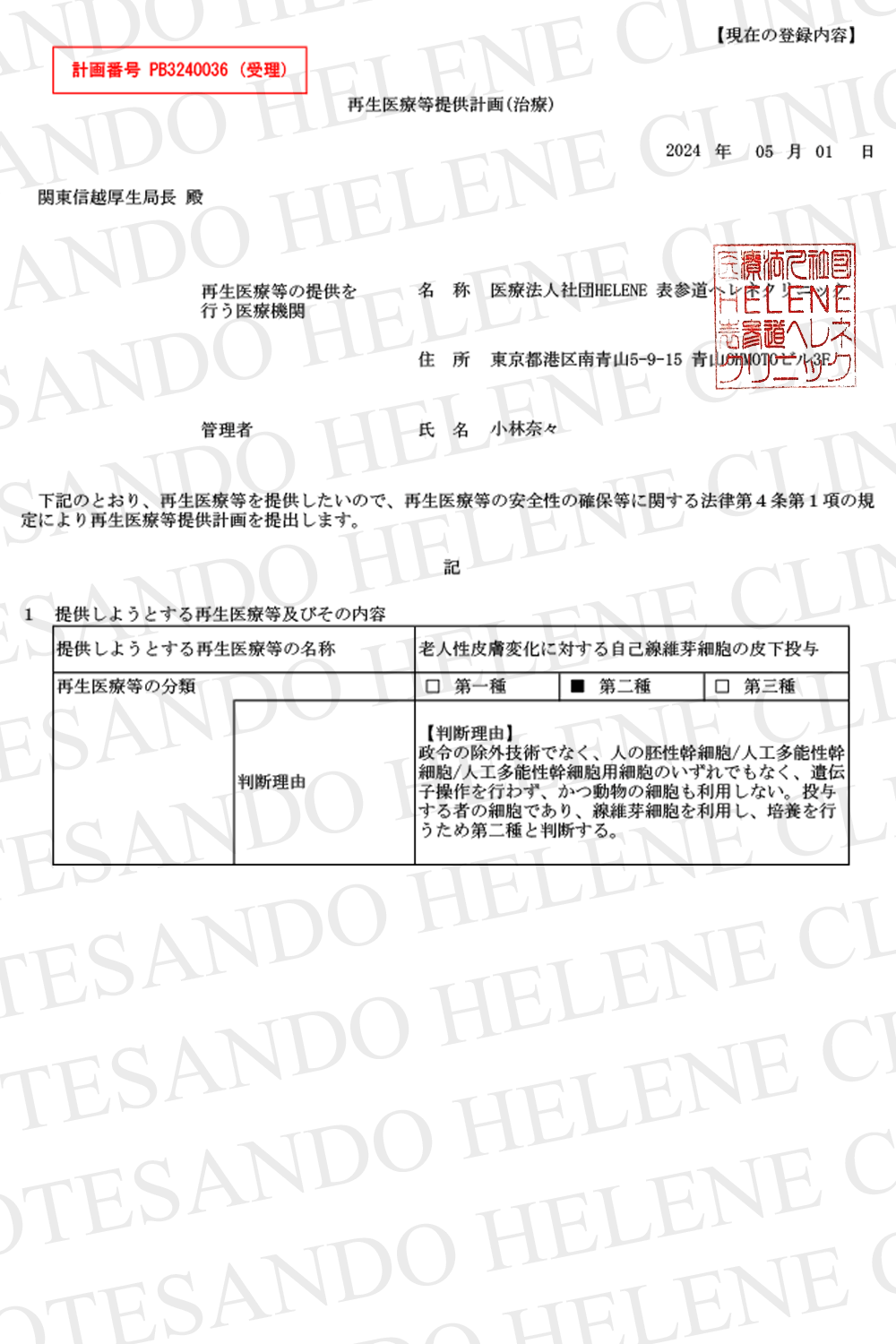
Biến đổi da ở người cao tuổi
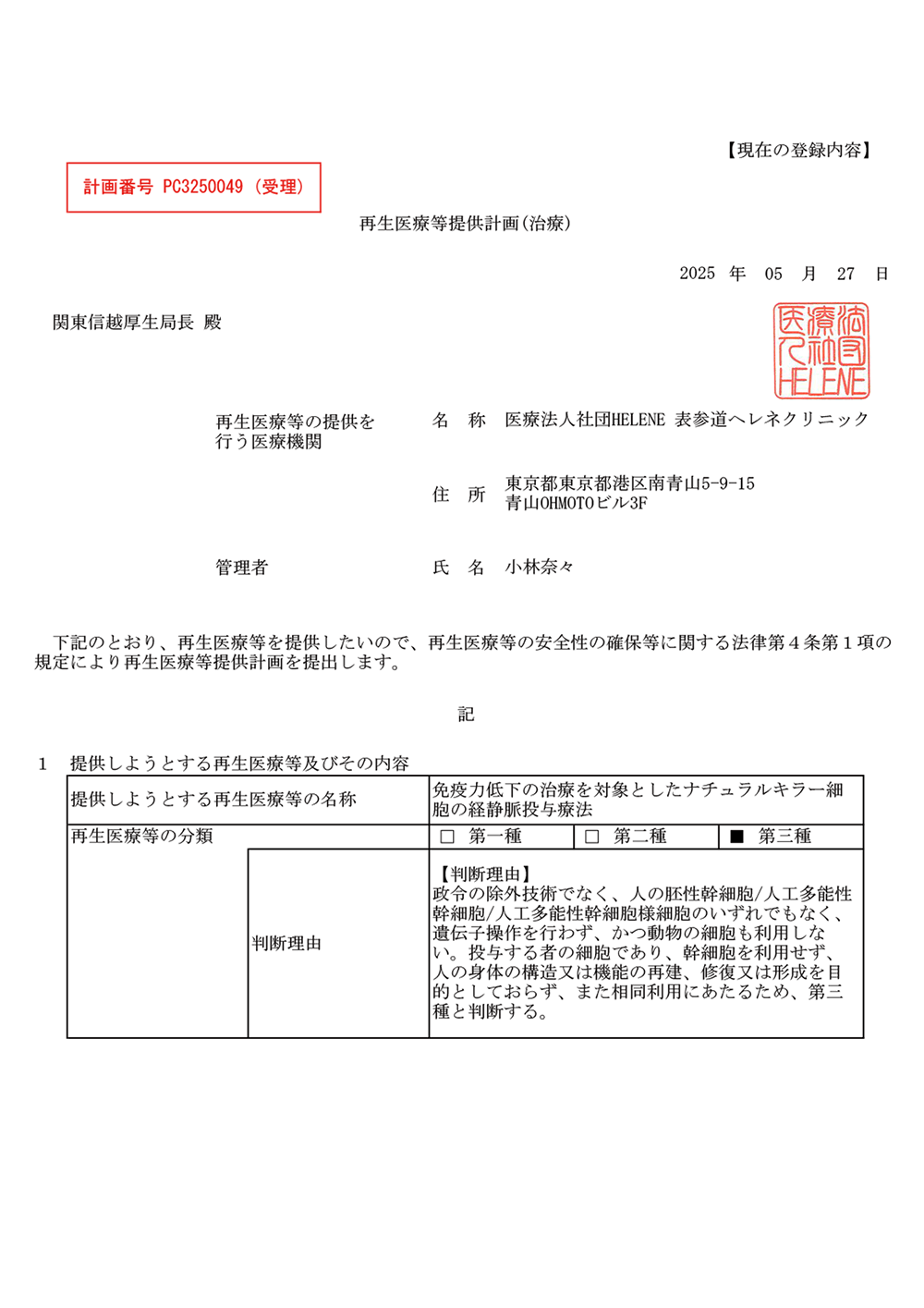
Giấy tiếp nhận điều trị bằng tế bào NK
OTHER
Các xét nghiệm khác


















FACILITY
Thiết bị phòng thí nghiệm nuôi cấy tế bào Omotesando
CELL CULTURE MOVIE
Thư viện ảnh
DOCTOR・SPECIALIST
Bác sĩ・Chuyên gia
GALLERY
Thư viện ảnh
Q/A
Những câu hỏi thường gặp
BEGGINNER'S GUIDE
Khách hàng trị liệu lần đầu
SUPPORT
Hỗ trợ

